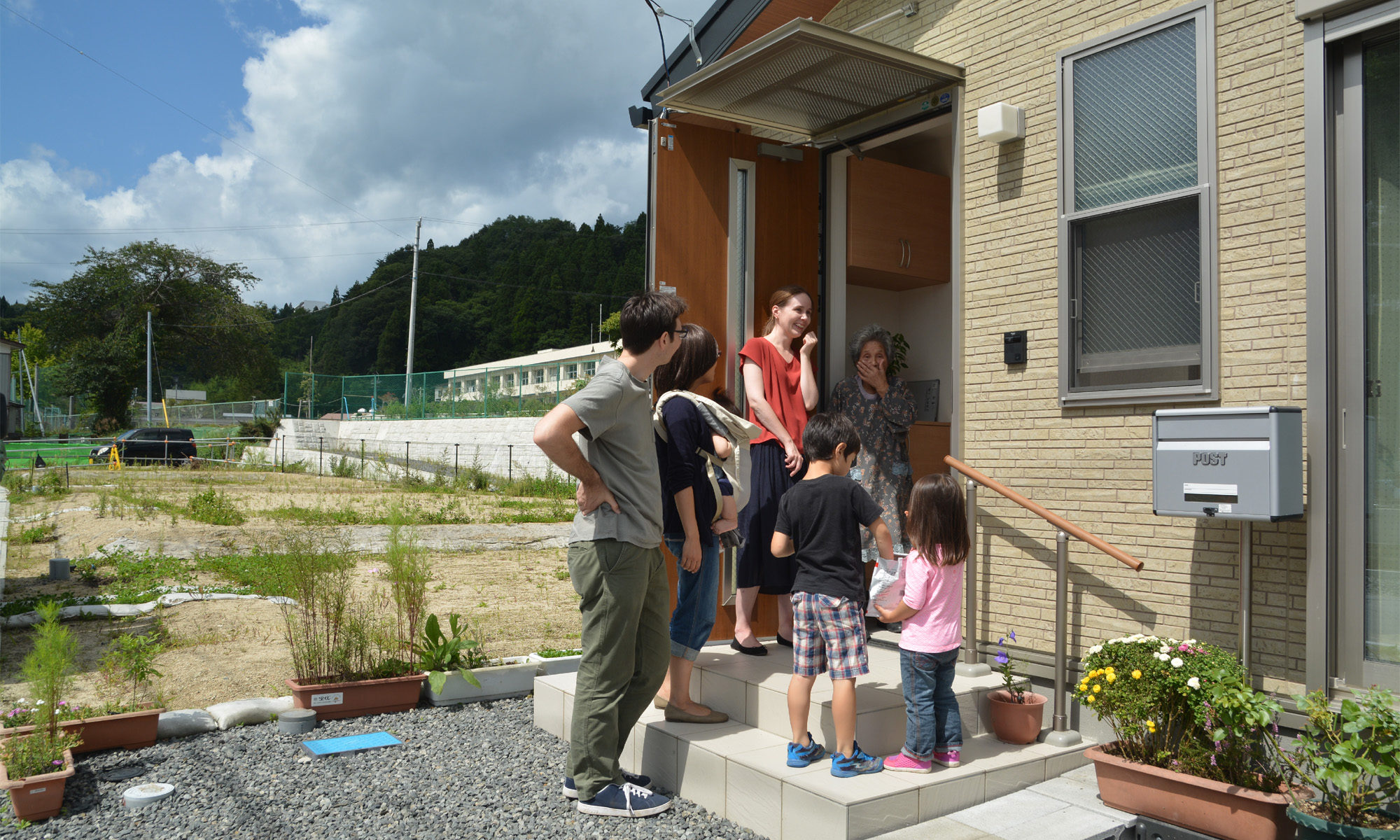In Matthew 20, Jesus tells a parable about a man who hires laborers at different times throughout the day and at the end of the day he pays them all the same. He offers no explanation for this parable, other than the sentence: “So the last will be first, and the first last.”
This parable has long confused me, and I still am wrestling with it. But I think I’m starting to get it. Let me know if you have another perspective. Here goes.
The most common explanation of this parable is that Jesus is saying that no matter how old you are when you accept Christ, you will get the same reward, eternal life. If a person serves God from the time he’s 5 till the time he dies at 90, he gets the same “pay” as the guy who accepts Christ on his death bed and does virtually nothing for God his entire life. On the one hand I think this explanation hits on the point of the parable, and at the same time causes people to miss it altogether.
Consider the previous chapter, where the disciples had a discussion with Jesus which prompted Him to give this parable. The disciples ask what their reward will be for leaving everything behind to follow Him. Christ replies that they will be rewarded greatly in heaven, as will everyone who sacrifices earthly things for the cause of Christ. He concludes that “Many who are first will be last, and the last first.” (Mat. 19:27-30). Here Christ seems to say that the disciples are the “last that will be first.” They give up everything in this life, and gain everything in the next. They’re last here, but they will be first there. But then He gives the parable of the Laborers.
In the parable of the laborers, some guys started working at 5 in the morning, and some guys started at 5 at night. Quitting time for both was in the evening, and they both got paid for a full days work. This is not fair. The laborers who labored all day complained about this. They worked longer and harder, they should get paid more for it. Jesus concludes that the last will be first and the first will be last.
So how were the laborers who labored last made the first? They all got the same reward. The laborers who started in the beginning of the day still got their pay, they weren’t disqualified because they grumbled. The last were certainly a lot happier. They got what they didn’t deserve. They got way more than they deserved, it was a great day. They appreciated the master who hired them. But the laborers who toiled out in the sun all day long, they were mad at the master. They felt short changed. The master defends his actions in verse 15:
Am I not allowed to do what I choose with what belongs to me? Or do you begrudge my generosity?’
And that I think contains the point of the parable. Even though the disciples had done good and would be rewarded for their self sacrificial act of leaving everything to follow Christ, they were in danger of developing a sense of entitlement. In the parable they were the first laborers who would be made last. In the parable, the reward for the work was not based upon the amount or quality of the work done, but rather on the generosity of the one who hired them.
Christ wants His followers to have the attitude of the ones who worked for one hour, and got paid for an entire day’s work. He wants their joy to rest not on what they feel they’ve earned, but in the generosity of the one who called them.
I think that in Matthew 19 and 20 Christ is pointing out an apparent paradox. In Chapter 19, Christ implies that Christians will be rewarded for their acts of service to God. Some will probably be more greatly exalted in heaven than others. But in chapter 20 He’s saying that all will be greatly exalted, and all will be glorified and all will receive eternal life. And none of that is earned. All of it is a gift from God. Somehow Christ wants His followers to work hard for eternal rewards, and not have any thought in their minds that they deserve the rewards they are working for. He wants us to have hope and joy that our hardships are not in vain and that everything will be worth it, and yet be completely humble before God and before other believers. We’re supposed to seek rewards, but not link our rewards to our self worth. This is completely counter to human nature.
Our worth before God is not measured by the amount or quality of service we give to Him, but by His grace and generosity in saving and redeeming us.
I think there is some mindset of eternal humility here. I think it’s sort of like this. Our glory right now is like a match lit in a dark place. Maybe some people are even as glorious as a candle. But in eternal life we’re going to be exalted and made as big and bright as a bonfire. Maybe some people’s bonfires will be bigger than others. But all these bonfires will be orbiting a the sun at a distance of about 6 feet. God will be in heaven, so glorious, so exalted, so bright, that we will both enjoy the incredible glory we’ve been given, and at the same time have no thought of comparing ourselves or exalting ourselves over others because we’ll be in the blinding sunshine of God’s magnificence for all eternity. Who cares if my fire is bigger than yours, when the sun is right there infinitely outshining all of us?

Thanks for the teaching; insightful.